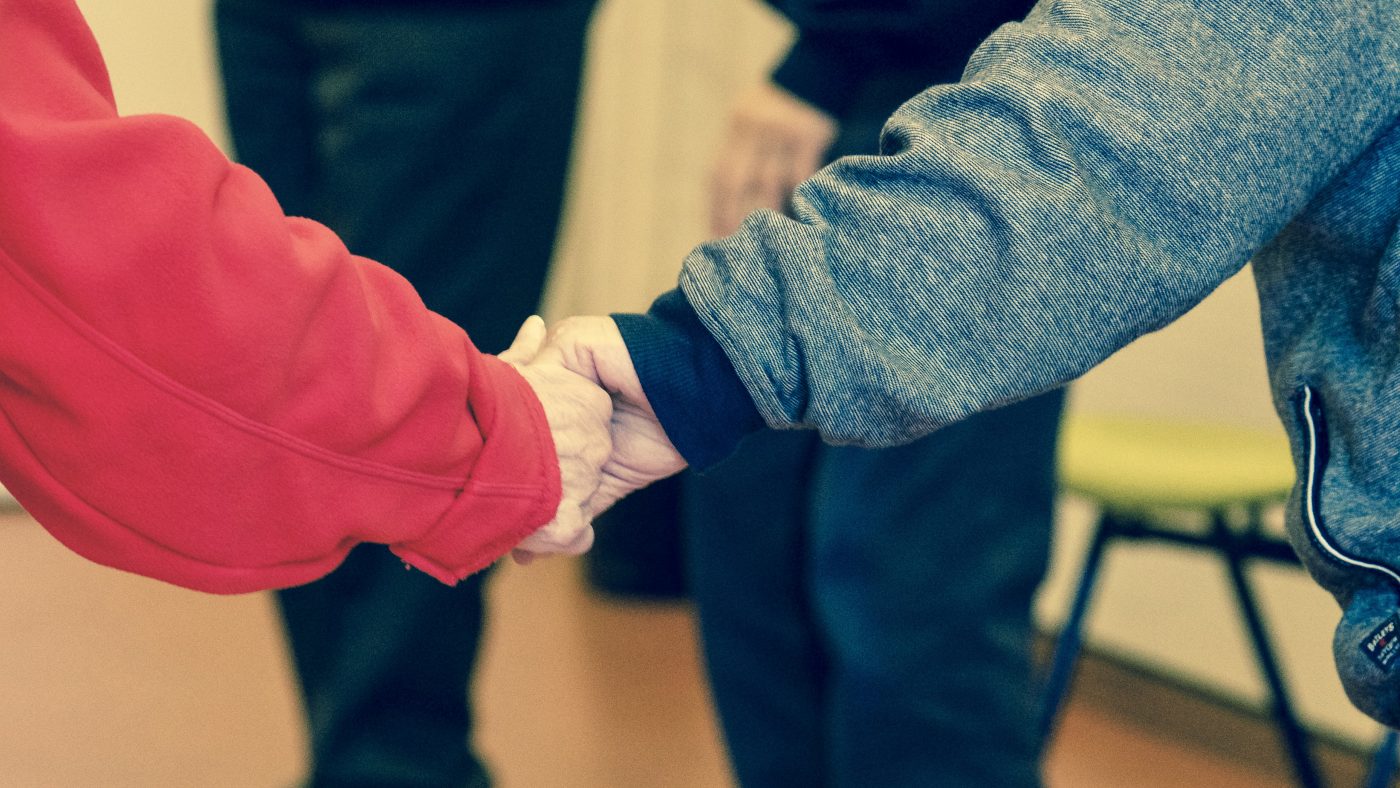
Tips for tailoring an intervention
If you’ve come to the realization that your friend, family member, or loved one has a substance abuse problem, then you might be looking for a way to offer them help. One of the most effective ways of doing this is through intervention. However, it is important to point out that not everyone is meant for the same kind of intervention. Here are a few tips for tailoring an intervention for your specific friend or family member.
What makes them comfortable?
A key element for a successful intervention is to approach your friend in a relaxing environment. However, they are not just anyone. You need to bring them into a room or area that allows them to feel comfortable and at peace. It is also best to conduct it in a private area (house, bedroom, etc.) Should they be among family, or just a small group of friends? If anyone has a negative influence on the person, do not let him or her come to the intervention.
Confirm and Plan
You shouldn’t perform the intervention unless you have good, reasonable evidence that the person is under substance abuse. Be sure to conduct research effectively through cross-referencing with other people who are both trustworthy and know the person well. Also make sure that everyone is managed carefully so that they know where to be and what to expect for the intervention. There is the chance that your friend will want to storm out or even get hostile. Sometimes they may just run into a room and lock the door. These situations are capable of being handled under the consultation of an intervention specialist. For more information, see Recovery Care Partner’s Intervention services.
Be clear, affirmative, but gracious and understanding
You love your friend and hope that they can be of their best behavior during the intervention. However, you have to be prepared in case the intervention makes them feel conflicted, or even hostile. They may be in denial at first to admit that they even have a problem. The most important thing to do is to stay constructive, positive, and calm (especially if they are not feeling the same). Again, be sure to consult an intervention specialist in order to find out what your loved one needs most. Always offer an open hand to help them no matter how tough it gets.
Sources:
http://thecanyonmalibu.com/drug-intervention/5-tips-successful-intervention/
http://www.interventionsupport.com/intervention-steps/10-tips-for-intervention/







